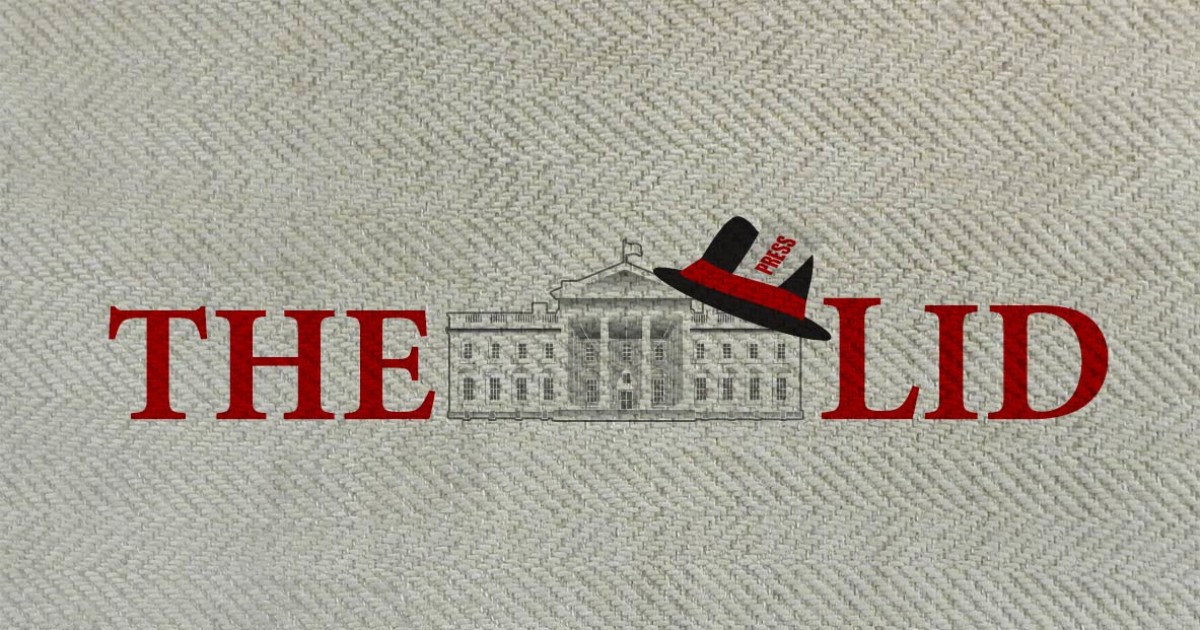A little Vice Presidential hypocrisy anyone?
Last week Joe Biden urged the Senate Republicans to reverse themselves and consider/vote on any potential justice that the president nominated to replace Justice Scalia:
“To leave the seat vacant at this critical moment in American history is a little bit like saying, ‘God forbid something happen to the president and the vice president, we’re not going to fill the presidency for another year and a half.’ ”
But he didn’t always feel that way. When President George H.W. Bush was running for reelection even though there was no vacancy at the time, the Senator from Maryland pontificated to his colleagues that there should be no nomination of a Justice during an election year.
The date was June 25, 1992, Senator [score]Joe Biden[/score] Chairman of the Senate Judiciary committee asked for twenty minutes to speak during morning business.
It was right after the Supreme Court’s 1991/92 session the time when if any Justice was going to retire they would make the announcement. The future SCHMOTUS (Schmo of the U.S.) wanted make sure if there was a resignation, President George H.W. Bush would “follow the practice of the majority of his predecessors” and not name a replacement until after the election.
He added that if Bush did name a Justice the Senate should not hold hearings to evaluate that nominee, no matter the qualifications of the nominee, the transcript and video below come from C-Span:
I am sure, Mr. President, after having uttered these words some will criticize such a decision and say it was nothing more than an attempt to save the seat on the Court in the hopes that a Democrat will be permitted to fill it, but that would not be our intention, Mr. President, if that were the course to choose in the Senate to not consider holding hearings until after the election. Instead, it would be our pragmatic conclusion that once the political season is under way, and it is, action on a Supreme Court nomination must be put off until after the election campaign is over. That is what is fair to the nominee and is central to the process. Otherwise, it seems to me, Mr. President, we will be in deep trouble as an institution.
Others may fret that this approach would leave the Court with only eight members for some time, but as I see it, Mr. President, the cost of such a result — the need to reargue three or four cases that will divide the Justices four to four — are quite minor compared to the cost that a nominee, the President, the Senate, and the Nation would have to pay for what would assuredly be a bitter fight, no matter how good a person is nominated by the President, if that nomination were to take place in the next several weeks.
In the end, this may be the only course of action that historical practice and practical realism can sustain.






